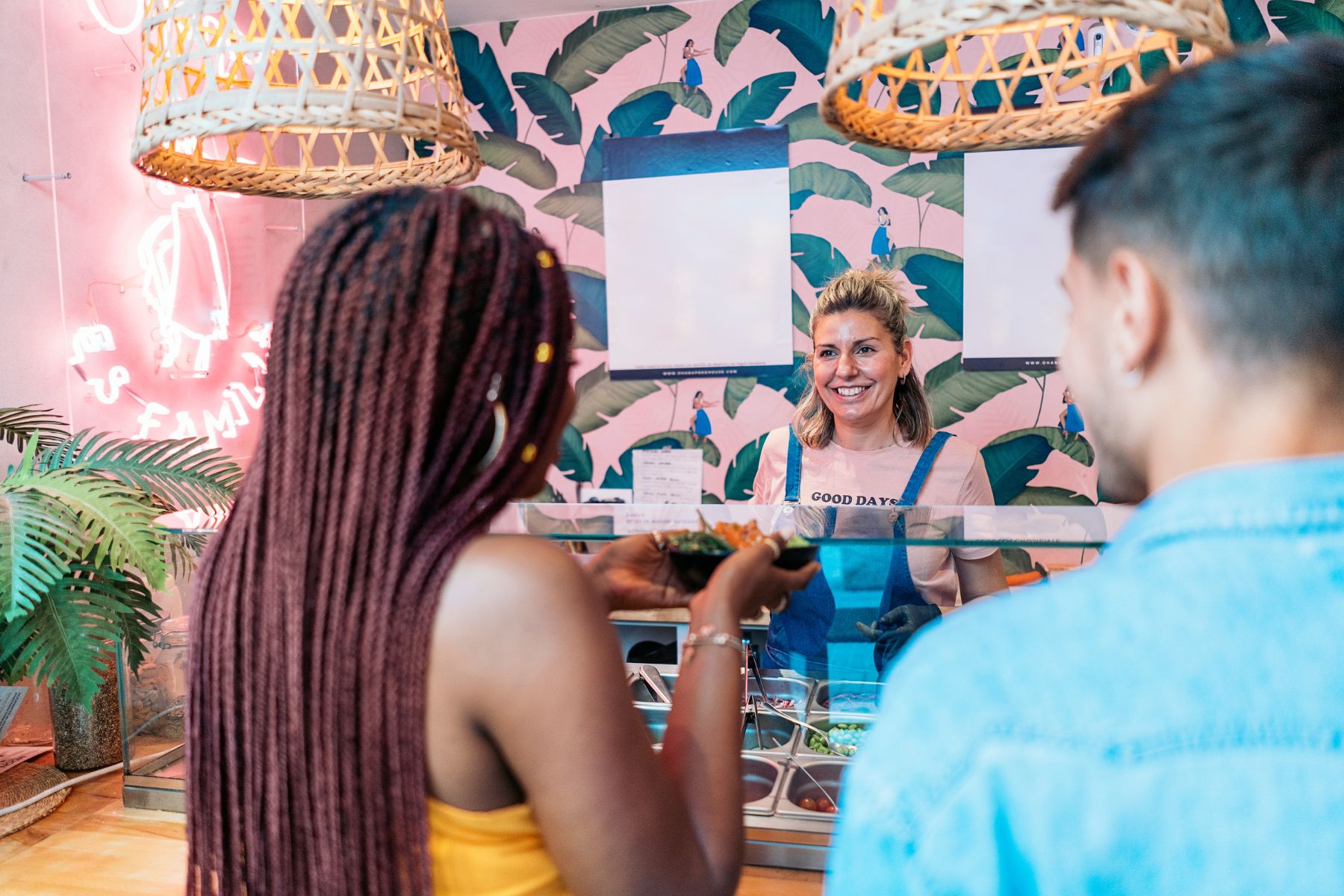
Franchising vs. Corporate Ownership For Restaurants
When expanding a restaurant business, owners find themselves at a crossroads between two primary growth models: franchising and corporate ownership. Each path offers its unique blend of challenges and rewards, making the decision anything but straightforward.
The Franchise Model: Sharing the Pie for Quicker Growth
Imagine opening multiple restaurant locations without bearing the brunt of the total investment. Sounds appealing, right? This is where franchising shines. It's like recruiting an army of dedicated entrepreneurs to spread your brand while sharing the financial and operational load.
Why Consider Franchising?
Rapid Expansion with Less Overhead: Franchising is akin to putting your restaurant on a fast track to widespread brand presence. You leverage franchisees' investment to grow without completely depleting your resources. Each new franchisee brings capital, energy, and commitment to the table, accelerating expansion with less financial strain on your end.
Local Know-How: Franchisees often bring invaluable local insights, tailoring the restaurant to fit community tastes and preferences. This local flair can be a game-changer in winning over customers and achieving success in diverse markets.
Income Streams Galore: Aside from the initial franchise fees, you'll enjoy ongoing royalties—a percentage of the franchise's sales. This creates a steady income stream, rewarding you for the brand and system you've developed.
The Flip Side of Franchising
Franchising means entrusting your brand to others. Despite rigorous standards and training, variations in quality and service can occur, potentially diluting your brand's reputation.
On top of that, you have to manage brand risks, and the challenges of not being in complete control of your image. A single mismanaged franchise can tarnish your brand's image far and wide, especially early into franchising. It's a shared reputation, for better or worse.
The last major issue is one common to any business— the more people involved, the higher chance for people to have differing opinions. Franchise relationships aren't immune to friction, especially regarding contract terms, operational standards, or territorial rights.
The Corporate Ownership Route: Keeping It in the Family
Now, picture a scenario where you retain complete control over every aspect of your restaurant's operations, from the menu to the napkin quality. Corporate ownership offers a chance to ensure each location mirrors your original vision to a tee.
The Lure of Going Corporate
Unwavering Quality and Consistency: With corporate ownership, you're the captain of the ship across all locations. This control allows for a unified customer experience and steadfast adherence to your brand's standards.
Economies of Scale: Centralizing purchasing and marketing efforts can lead to significant cost savings and a cohesive brand message.
All Profits Are Yours: Every dollar made in your restaurants flows directly back to you. The success of each location directly boosts your bottom line.
Considering the Challenges
Opening new locations is not a cheap process— expansion under corporate ownership requires deep pockets. The costs of opening new locations can quickly add up, making it a high-stakes game. To make matters worse, every new restaurant increases the complexity of the total operation. Managing multiple locations demands a robust infrastructure and a competent management team to handle the intricacies of operations, staffing, and marketing.
With great power comes great responsibility—and risk. Corporate ownership means you shoulder the entirety of the financial risk if a location underperforms or fails.
Making Your Choice
Deciding between franchising and corporate ownership boils down to your business goals, financial capacity, and how much control you wish to maintain. Franchising offers a pathway to rapid expansion with shared risks and rewards, ideal for those willing to trade a degree of control for growth. On the other hand, corporate ownership is suited for those who prioritize brand consistency and are prepared to invest significantly in expansion while managing higher risks.
Tips for Prospective Franchisors and Corporate Owners
Do Your Homework: Research and understand the nuances of each model. Talk to existing franchisors/franchisees and corporate restaurant owners to gather insights.
Assess Your Resources: Evaluate your financial capacity and management bandwidth. Franchising requires less capital but demands excellent franchisor-franchisee relationship management. Corporate expansion needs more capital and a solid operational structure.
Consider Your Long-term Vision: Align your expansion model with your brand vision and growth objectives. Which path will best serve your brand in the long run?
Regardless of the path you choose, remember that the success of your expansion will hinge on diligent planning, a deep understanding of your market, and an unwavering commitment to your brand's values and quality standards. The journey of expanding your restaurant business is both exciting and challenging, but with the right approach, you can pave the way for lasting success and growth.
As you navigate this decision, keep in mind that there's no one-size-fits-all answer. Your unique circumstances, goals, and vision for your restaurant will guide you to the right choice. Here's to your success, whether you embark on a journey of franchising or choose to keep it all under corporate ownership. Cheers to expanding your culinary empire!
Related bites

Unleashing Creative Marketing Campaigns for Limited Service Pizza Brands
Discover innovative marketing campaigns that can elevate pizza brands from the ordinary to the extraordinary. Stand out in a sea of sameness and connect with customers on a personal level. Explore loyalty programs, contests, augmented reality experiences, community giveback initiatives, and exclusive pop-up events that will make your brand unforgettable.

How Digital Ordering is Changing the Restaurant Industry
The pandemic has changed the restaurant experience for consumers, and they don’t want to go back! Learn how the demand for digital ordering has impacted restaurants and how they’re combating it.

The Effect Of Seasonal Trends on Your Menu
Explore how seasonal trends can elevate your restaurant's menu offerings, increase customer engagement, and drive loyalty through strategic marketing and seasonal promotions.

Comments